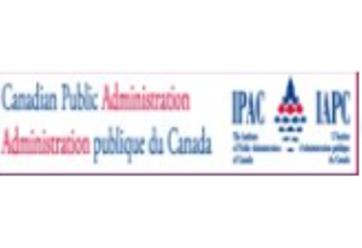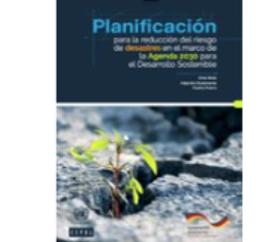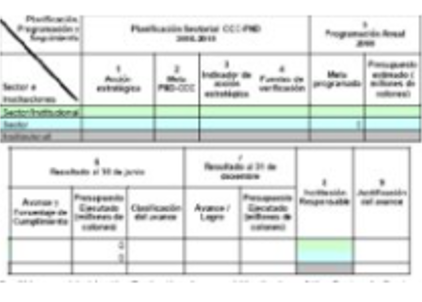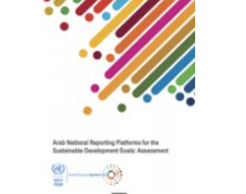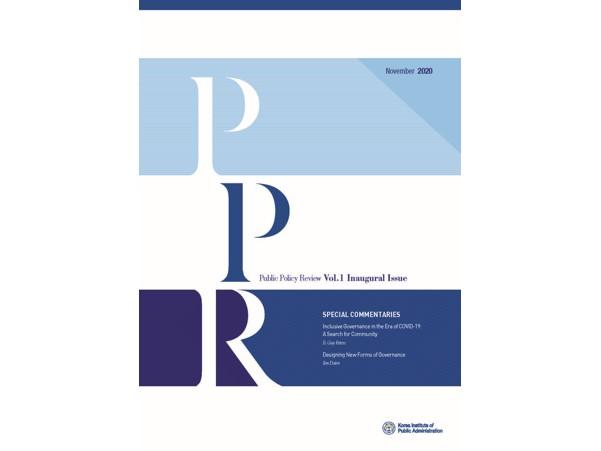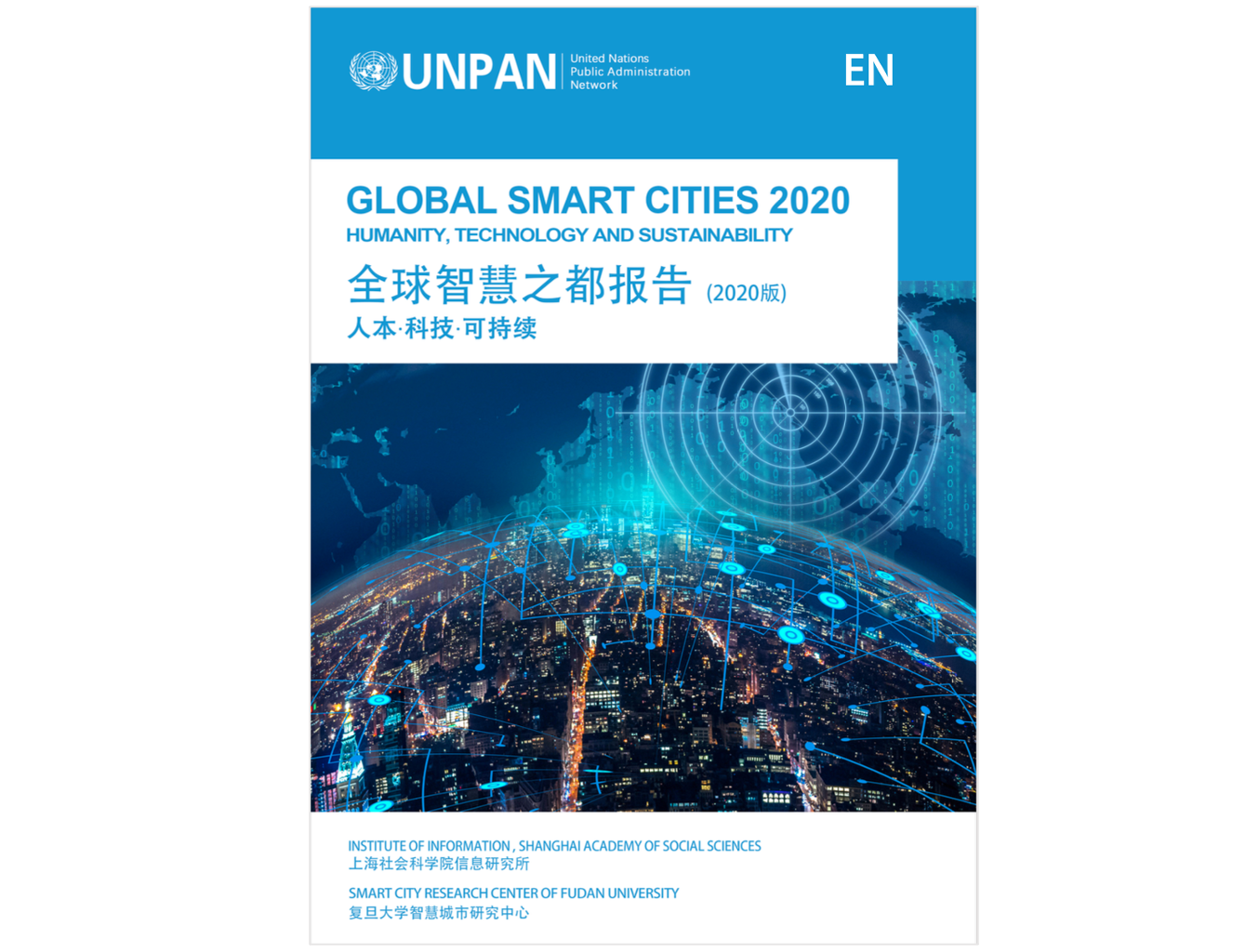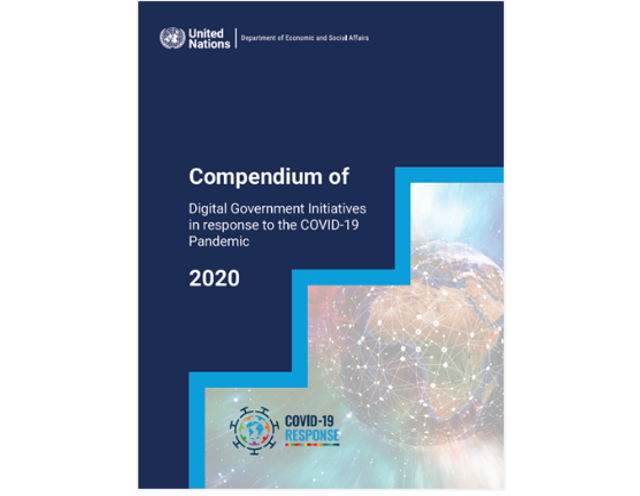Resources
Displaying 1 - 12 of 21
The Choice – Architecture Behind Policy Designs
| English | Governance and Public Institutions | Europe and Central Asia | Publication | NISPAcee
The book contains selected revised papers from the 27th NISPAcee Annual Conference "From Policy Design to Policy Practice”, May 24-26, 2019, Prague, Czech Republic organized in co-operation with Charles University, Prague and Masaryk University, Brno, Czech Republic, co-funded by the Erasmus+ Programme of the European Union under the Jean Monnet Action – Jean Monnet Project No. 599737-EPP-1-2018-1-SKEPPJMO-PROJECT "PRACTIC - From…
From Colonization to Reconciliation: Increasing the Collaborative Capacity of Public Servants
| English | Spanish | Leadership and Public Servants’ Capacities | Americas | Publication | IPAC/IAPC
In call to action 57, the Truth and Reconciliation Commission calls upon federal, provincial, and territorial governments to enhance the skills and knowledge of public servants. Leveraging collaboration theory and collaborative capacity, this article delves deeper into the skills, attitudes, and knowledge required of public servants who regularly work with First Nations organizations and governments. Using findings from a health care…
Planning for Disaster Risk Reduction within the Framework of the 2030 Agenda for Sustainable Development
| Spanish | Governance and Public Institutions | Americas | Publication | ECLAC
A disaster can lead to setbacks in the economic and social progress achieved by countries over the decades, and its effects can be exacerbated in the case of the most vulnerable groups. The severity of the impact will depend on the ability of countries to detect and overcome their vulnerabilities. This document, especially aimed at policymakers, shows how, through development planning, the foundations for a comprehensive approach can be laid,…
Comprehensive Performance Indicators of the Public Sector
| English | Spanish | Leadership and Public Servants’ Capacities | Americas | Publication | CLAD
The monitoring and evaluation information is conditioned on a series of factors in order to be used effectively. Various studies bear witness to rather formal uses - such as information that accompanies accountability to Congress and annual management reports of the agencies - but there is less emphasis on uses for the use of learning and for the allocation of spending (Cunill and Ospina 2008) (Villarreal, July, 2007).
This study starts…
Arab National Reporting Platforms for the Sustainable Development Goals: Assessment
| English | Digital Government | Middle East | Publication | ESCWA
SDGs National Reporting Platforms (NRPs) are essential to help member countries to achieve their national development goals and are crucial elements to monitor and report the progress towards achieving the SDGs at all levels. The objective of these platforms is to create sustainable pathways for sharing transparent information, offering easy analysis tools that enable Governments and policymakers set, evaluate their progress, and adjust…
Building the Arab Digital Economy – A Strategy Blueprint
| English | Digital Government | Middle East | Publication | ESCWA
Over the past decade, global economic growth rates have continuously declined. The extent of this trend, influenced by developments in digital technologies, are yet to be fully captured. Today, numerous national efforts are deemed to be largely ineffective in terms of their responsiveness to new and emerging social, economic and political landscapes. What are the strategic directions and policy roadmaps for a thriving digital economy that spans…
Government Electronic and Mobile Services (GEMS) Maturity
| English | Digital Government | Middle East | Publication | ESCWA
GEMS indicator aims to measure the maturity of government services provided through the portal and through mobile applications in the Arab region. It seeks to bridge the gap in most of the international indicators, related to service maturity, its use and user satisfaction. To this end, 84 government services have been identified, and it is necessary for each country to deliver them electronically for individuals and businesses. The principle of…
Building an AI Nation: Accelerating Artificial Intelligence Adoption through Agile Policymaking – The Case of the UAE
| English | Leadership and Public Servants’ Capacities | Middle East | Publication | ESCWA
We live in a world of rapid change that may be best characterized as a ‘VUCA world’: Volatile, Uncertain, Complex and Ambiguous. Effectively, it is a new world where old laws and rules no longer apply. The advanced technologies of the digital age are disrupting ‘business as usual’ and no industry is immune. Not to be left behind, governments have to predict the future by imagining what the world will be like and ‘adapt’ at the same pace, all…
KIPA Public Policy Review, Vol.1 Inaugural Issue
| English | Governance and Public Institutions | Global | Publication | KIPA
The Public Policy Review is a policy-oriented journal that aims to link research and policy in the field of public administration and governance. It further seeks to make contributions to public policy development and implementation via sharing robust policy research outcomes and best policy practices across the world. It will serve as a premier venue for researches in the area and contribute to the development practices within governance. The…
Global Smart Cities 2020 - Humanity, Technology and Sustainability
| English | Governance and Public Institutions | Global | Publication | RCOCI
"Global Smart City 2020" is the fourth edition of biennial review of smart cities released by the Smart City research group of Shanghai Academy of Social Sciences since 2010. This report is the result of cooperation with Smart City Research Center of School of Management, Fudan University under the background that the coronavirus epidemic is still spreading. Especially, we are gratitude to have the consistent support from the United Nations…
Compendium of Digital Government Initiatives in Response to the COVID-19 Pandemic
| English | Digital Government | Global | Publication | UN DESA/DPIDG
This compendium, prepared by the Division for Public Institutions and Digital Government (DPIDG) of the United Nations Department of Economic and Social Affairs (UN DESA), aims to capture emerging trends in digital responses of UN Member States against the COVID-19 pandemic, and provide a preliminary analysis of their main features. These cases are shared for exchange of information so that Member States can learn from each other and possibly…
The Ingredients for Innovations in Small Town Ontario: Leadership& Culture
| English | Local Governance | Americas | Publication | IPAC/IAPC
The majority of services that Canadians receive from government are from local governments, including vital services, such as water, sanitation and public transit (Downer and Foster 2017). As more facets of their life move into the digital realm, Canadians are understandably demanding more digitally-focused servicing from their governments at all levels (Cukier 2019). Municipalities are facing increased expectations to meet this demand and…
 Welcome to the United Nations
Welcome to the United Nations

